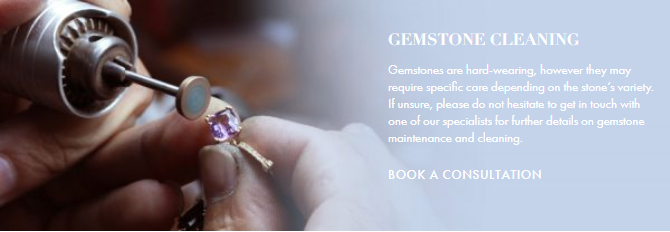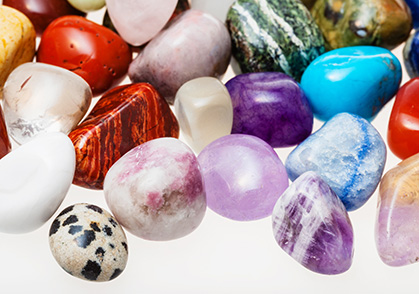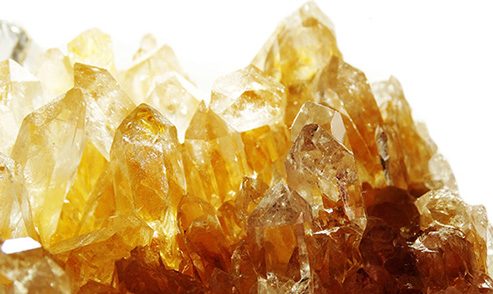Gemstone Care
All you need to know to keep gemstone engagement rings and jewellery in pristine condition
Create Your Own
Shop By Style
Shop By Metal
Eternity Rings
Shop By Metal
Shop By Category
Help & Guidance
The Stone Way
CHESHIRE
150 Ashley Road, Hale,
Cheshire, WA15 9SA
0161 233 9977
MANCHESTER
Third Floor, St Johns Court, 19B Quay Street,
Manchester, M3 3HN
0800 080 3535
LONDON
5 St Christopher’s Pl, Marylebone,
London, W1U 1NA
020 33 271 271
All you need to know to keep gemstone engagement rings and jewellery in pristine condition
Steven Stone experts advise to always remove all diamond and gemstone engagement rings and jewellery before using chemicals, physical activity and exposure to extreme temperatures. For further details on gemstone care, visit our gemstone education hub, contact us using the methods below, or book a consultation to speak to one of our experts in store.
Regular gemstone maintenance does not require any specific equipment or detergents. The recommended, universal cleaning method for all gemstone rings and gem set jewellery is simply wiping the gem clean with a soft cotton towel. Alternatively, you could use a soft brush and dishwashing soap. Always remember to clean your jewellery after use, to wipe off excess skin oils and make up from the metal and precious stone.

When dressing, always put jewellery on last and remove first, to avoid contact with perfume, hairspray and other beauty products. Alcohol and perfumes are often used as a simple and effective mean to remove dirt and kill bacteria, however they need to be used with caution. While alcohol is safe for all precious metals and most gemstones and diamonds, it may permanently damage pearls and opals. Other fragrances and chemicals commonly found in cosmetics can damage and stain soft, porous gemstones such as opals, pearls and turquoise.
Chlorine in swimming pools can irreversibly damage not only coloured gemstones, but precious metals as well. Avoid contact between your jewellery and any bleaching chemicals, including hydrogen peroxide – an ingredient in hair dyes which can dissolve gold. Always remove jewellery when cleaning with detergents to prevent accidental staining or damage to your jewellery. In some rare occasions, silver and gold damage caused by bleach can be reversed, however our best advice is to keep jewellery away from all chemicals, cosmetic products and any other harsh impacts. In the case of contact between salty water or chlorine and jewellery, rinse immediately and dry using a soft cloth.

Contact between gemstones and any chemicals and beauty products is not recommended, as they can dull or pit softer gemstones and permanently damage the jewellery metal. For instance, petroleum-based products can melt amber and cause significant damage to other soft and porous gemstones. Toothpaste may scratch or discolour gemstones and regular or long term exposure to alcohol containing products can strongly damage organic gemstones, particularly pearls.
Many gemstone varieties can fade in colour when exposed to direct sunlight. This particularly applies to amethyst, citrine, smoky quartz and especially opal rings and jewellery. Opals and emeralds require special care and great caution when worn and stored, as strong sunlight may dry out the water in the stone and cause hazing or colour change. Ideally, avoid wearing jewellery on the beach and when exposed to high temperatures for prolonged periods, as a combination of friction between the skin and jewellery may cause skin irratation and sweat and heat may dull the precious metals and gemstones. Another good reason to remove engagement rings and weddings when exposed to extreme temperatures is finger size fluctuation.
